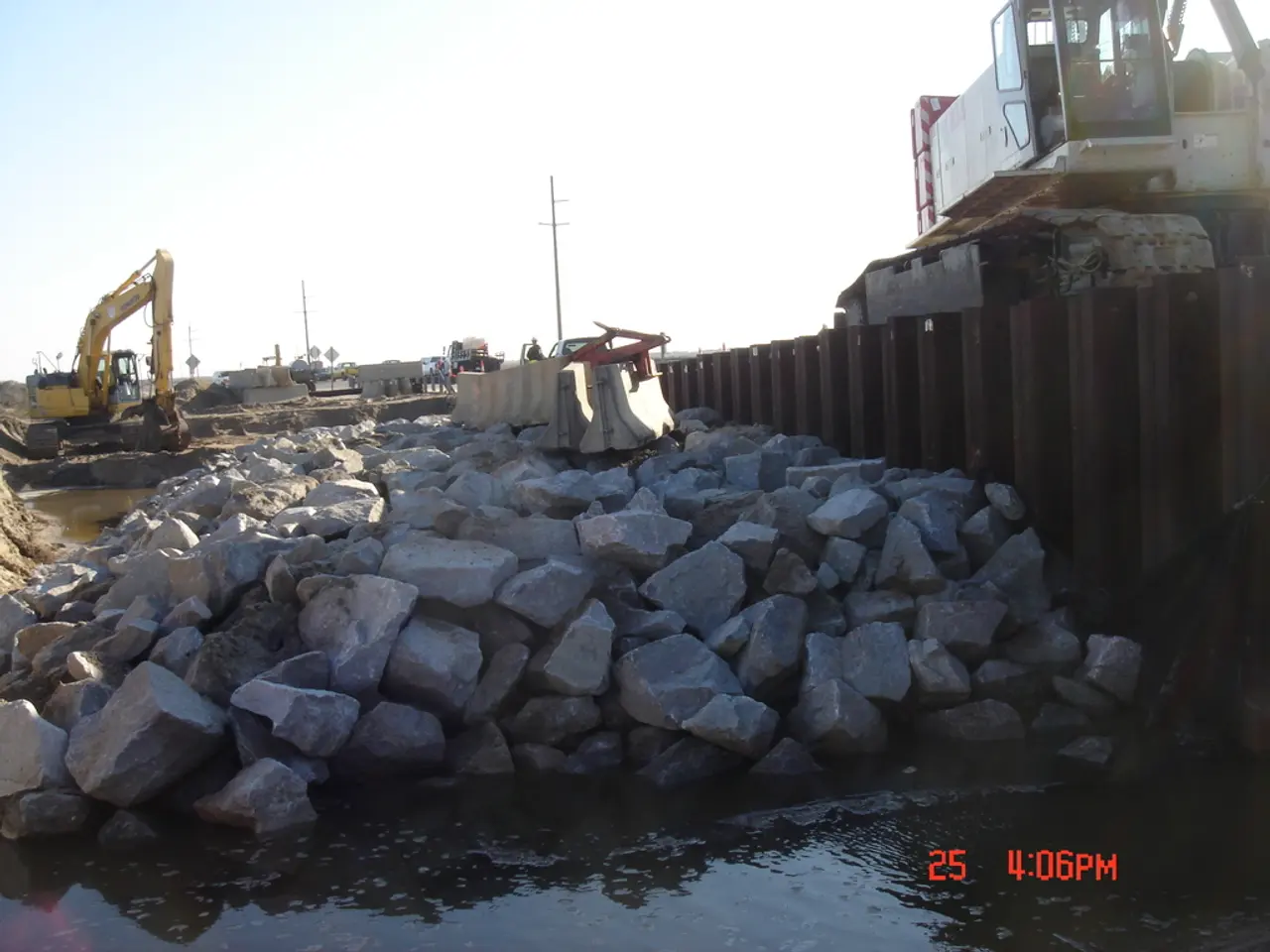U.S. Energy Department and U.S. National Science Foundation unveil initial group in the NSF INTERN program, aiming to promote expansion of geothermal energy labor force
The U.S. Department of Energy (DOE) and the National Science Foundation (NSF) have announced the first cohort of geothermal interns in the NSF INTERN program. A diverse group of 14 students from various ethnic and cultural backgrounds and academic disciplines will work with geothermal companies, national laboratories, and state agencies on projects that advance geothermal technologies.
South Dakota Mines student will work at RESPEC, applying data-driven inverse methods from an NSF project to the field of geothermal energy. Another student from the University of Texas at El Paso will work with Pacific Northwest National Laboratory, focusing on geothermal hydrofracturing with the help of high-frequency seismic data.
The University of Texas Rio Grande Valley student will team up with Oak Ridge National Laboratory, working on imaging, modeling, and applying advanced materials to improve geothermal well integrity and heat exchanger technologies. Florida State University's student will collaborate with Sandia National Laboratories, focusing on numerical modeling and porosity/geophysical fluid dynamics for enhanced geothermal systems.
Northwestern University's student will work with the Illinois State Geological Survey, focusing on waste heat in urban environments to support the widespread deployment of community-scale geothermal technologies. Central Michigan University's student will work with Geologica Geothermal Group, using machine learning to train algorithms for accurate temperature determination during initial drilling of geothermal wells.
Virginia Tech's student will work with Minaean SP Construction Corp, conducting geochemical and magneto telluric sampling and measurements of geothermal areas for assessment. Another Colorado School of Mines student will work with Coso Operating Company, focusing on geochemical analysis of core from geothermal wells.
A third Colorado School of Mines student will work with geothermal start-up company Fervo Energy, integrating software from the Distributed Acoustic Sensing (DAS) Data Analysis Ecosystem into the company's DAS data analysis workflows at geothermal sites. Texas A&M University's student will work with Fervo Energy, studying induced seismicity associated with geothermal development.
University of Utah has two students working: one with Utah Geological Survey on assessing deep sedimentary basins in the Basin and Range system, another with Zanskar Geothermal & Minerals, Inc on improving the ambient noise tomography workflow for geothermal reservoirs.
The work conducted under this new internship program supports the goals of DOE's Enhanced Geothermal ShotTM, which aims to bring enhanced geothermal systems to Americans nationwide and reduce the cost of these systems by 90% by 2035. This collaboration is the first activity coordinated under the NSF-DOE Memorandum of Understanding.
Susan Margulies, NSF assistant director for Engineering, stated that the NSF INTERN program offers valuable on-the-job training and professional development for science and engineering graduate students. Alejandro Moreno, acting assistant secretary for Energy Efficiency and Renewable Energy at DOE, expressed excitement about fostering the growth of students' careers and the geothermal industry.
The students selected for this first Geothermal INTERN cohort represent 11 colleges and universities nationwide. Two of the participating institutions are Hispanic-serving institutions. More information about the Geothermal INTERN opportunity can be found on the Geothermal INTERN webpage and NSF's website. Participants are supported through supplements to current NSF awards.
The Geothermal INTERN opportunity, established in 2017, provides non-academic research internships for up to 20 students in fiscal year 2024 with joint support from DOE and NSF. The program supports universities including the University of Nevada, Reno, Oregon State University, and Colorado School of Mines, with students working on projects such as geothermal reservoir modeling, drill bit innovation, and subsurface heat flow analysis.








